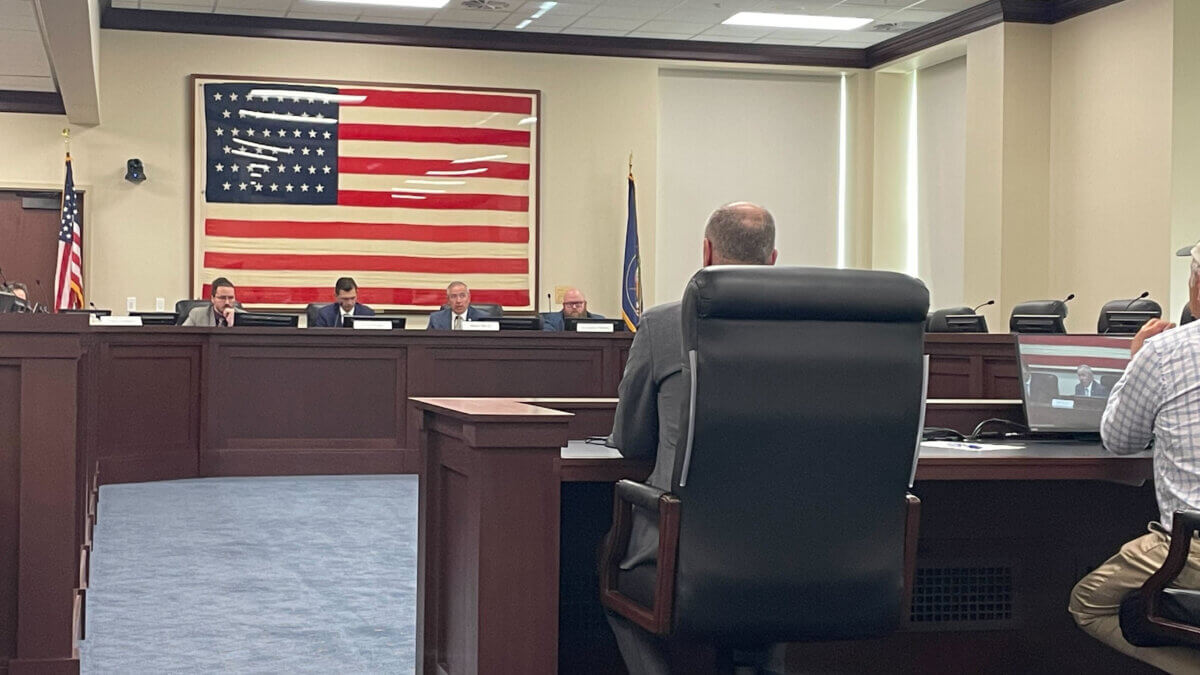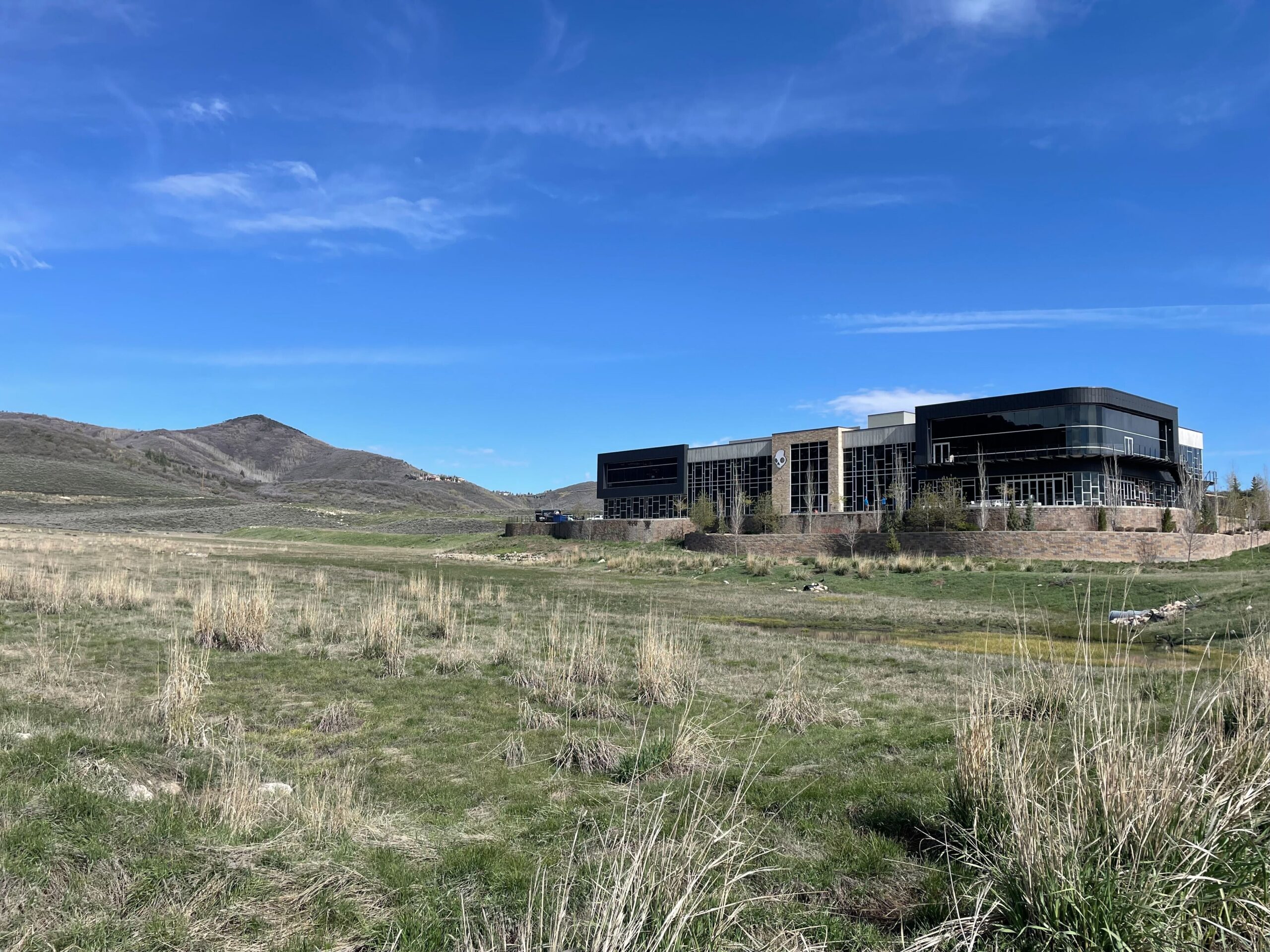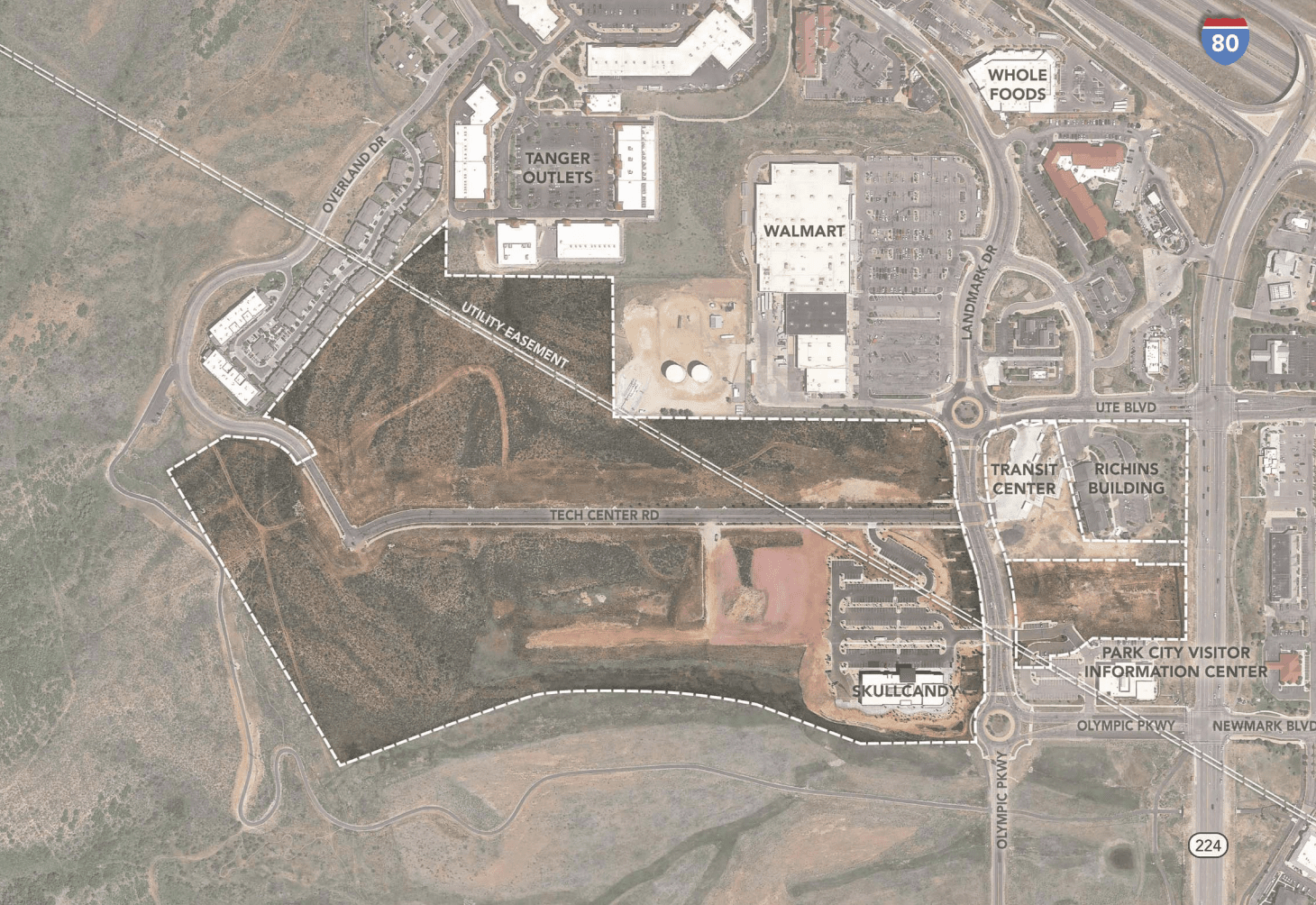Politics
Utah lawmakers advance reforms following rejection of referendum signatures by Summit County Clerk

Reed Galen and former Park City Mayor Dana Williams speak before the Utah Rules Review and General Oversight Committee, urging lawmakers to clarify referendum laws after thousands of signatures were invalidated in Summit County. Photo: TownLift
'It seems like what we have here is specific people who didn’t like what was proposed and didn’t want to see the signatures go through. It is ridiculous to throw out packets because of how they were bound—it’s almost malicious.' - House Representative Trevor Lee
SALT LAKE CITY, Utah — In a bipartisan show of support for direct democracy, a legislative oversight committee on Tuesday voted unanimously to begin drafting reforms to Utah’s referendum statute, following a high-profile referendum dispute in Summit County.
The Utah Rules Review and General Oversight Committee—a legislative committee tasked with reviewing and overseeing administrative and court rules in Utah—convened to examine the clarity of Utah’s state referendum law. Specifically, committee members debated whether the law is clear enough that, as one put it, “the average clerk of average intelligence would be able to understand what binding means,” and whether any ambiguity warrants legislative clarification.
The issue came to a head in June when Summit County Clerk Eve Furse invalidated more than 2,400 voter signatures over concerns about how packets were compiled — specifically, whether three-ring binders used by petitioners met the legal definition of “bound.” This decision has since prompted legal challenges and public outcry. More than 6,000 Summit County residents signed the referendum petition opposing the County Council’s approval of an 850-unit Dakota Pacific development in Kimball Junction.
Reed Galen, a plaintiff in the lawsuit filed against Summit County, addressed the committee alongside former Park City Mayor Dana Williams. Both offered perspective on the situation in Summit County and the implications of Furse’s interpretation of the referendum law.

“We believe that in issues of a subjective and ambiguous law, which the relation of what a binding represents, that the clerk should side with the people, that if in baseball, the tie goes to the runner, that in this case, the tie should go to the people, that she should accept these signatures for validation, and when validated, appropriately, put our measure on the ballot before the people this fall,” Galen said.
While litigation over the matter is still pending in court, several lawmakers expressed concern over the disenfranchisement of voters with Furse’s interpretation of the referendum law.Several emphasized that administrative rules should not obstruct voter participation, and that in gray areas the benefit of the doubt should favor the voters. While the committee acknowledged ambiguity in the law’s wording, no members expressed support for the clerk’s interpretation.
Sen. John D. Johnson, who represents Summit County, said, “To throw out all those votes because of the fashion they were bound in seems extreme. We need to protect citizens’ right to put things on the ballot.”
House Representative Trevor Lee was more pointed. “It seems like what we have here is specific people who didn’t like what was proposed and didn’t want to see the signatures go through. It is ridiculous to throw out packets because of how they were bound—it’s almost malicious.”
Sen. Scott D. Sandall, R-Tremonton, and Sen. Kathleen Riebe, D-Cottonwood Heights, agreed the law appears contradictory in its current form, requiring packets to be bound but also convenient to sign.
Committee members also raised concern over the disproportionate consequences of subjective enforcement. “For packets to be thrown out over a technicality seems extreme,” said Sen. Mike Kennedy, R-Alpine. “This is not about the merits of the referendum — it’s about protecting the right of Utahns to petition their government.”
Frank Pignanelli, a partner at the lobbying firm Foxley & Pignanelli, spoke on behalf of Summit County, stating that due to pending litigation, the county could not comment further.Pignanelli defended Clerk Furse’s interpretation of the statute and circulated documents to the committee that he said explained how the law was applied by the county clerk and why the packets were deemed insufficient.
During public comment, Angela Moschetta, a plaintiff in the lawsuit filed against Summit County, raised concerns over Pignanelli’s representation of the county.
“The very firm we are paying to defend us is now before you today to basically work against the citizens,” Moschetta said.
The reference was to news in February, when elected officials, political party leaders, and referendum sponsors publicly asserted that Renae Cowley, a partner at Foxley & Pignanelli—contracted by Summit County to lobby at the Utah State Legislature—was involved with Wasatch Back Future, a group organized by Dakota Pacific to oppose the Dakota Pacific development referendum to discourage residents from signing the referendum petition.
Further concerns of Summit County tax payers now paying the legal bill for outside council to represent Furse and the County on the referendum issue were raised by Summit County GOP Data Architect Jimmy May.
“We’ve supported the referendum not only with our time and effort, but also through out-of-pocket donations,” May said. “And now we’re faced with an Orwellian nightmare—paying, through our already onerous taxes, for the external counsel hired by Eve Furse to fight against us.”
Protect Summit County has launched a fundraising campaign to cover legal fees in defense of Summit County voters. It anticipates more than $100,000 in legal fees in the lawsuit that will be heard by Third District Court Judge Richard Mrazik on August 19.
Ultimately Senator Daniel McCay, who chairs the committee, made a motion that passed unanimously—to clarify key language in the law. The motion calls for:
- Clarify what qualifies as legally sufficient binding of referendum packets.
- Consider replacing “read the law” affidavit language with “opportunity to read.”
- Review and possibly revise the legal certification process for petition gatherers.
- Include statutory language affirming that ambiguity should favor voter intent — the so-called “tie goes to the runner” principle.
“Whether or not the court rules in favor of the petitioners in this case,” McCay said, “we have a responsibility to ensure the law doesn’t get in the way of the public’s voice.”
TownLift reached out to Summit County and to Clerk Furse, who declined to comment on Tuesday’s hearing.
On July 28, Summit County Manager Shayne Scott is expected to give final approval on Dakota Pacific’s revised application via S.B.26, recent legislation hand-crafted for the project to proceed by circumventing local land-use authority. It is not yet clear how the referendum effort will affect the simultaneous administrative advancement of the Dakota Pacific Real Estate project.
Editor’s note: A correction was issued to this story clarifying Angela Moschetta’s statements at the hearing.



















